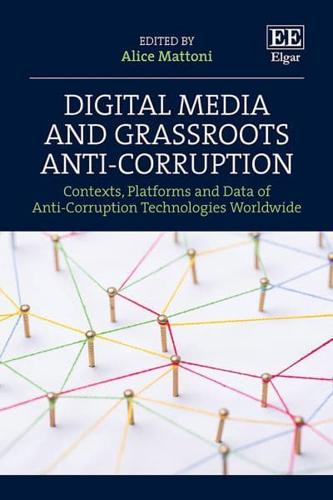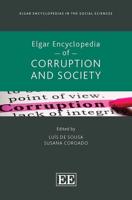Publisher's Synopsis
Delving into a burgeoning field of research, this enlightening book utilises case studies from across the globe to explore how digital media is used at the grassroots level to combat corruption. Bringing together an impressive range of experts, Alice Mattoni deftly assesses the design, creation and use of a wide range of anti-corruption technologies.
This invaluable book introduces the concept of anti-corruption technologies (ACT) to answer critical questions about the opportunities and challenges that established and emerging digital media offers to practitioners. Chapters detail the situated nature of these technologies, before examining key technologies including anonymous crowdsourcing, collaborative platforms, whistleblowing platforms and online monitoring of electoral corruption. Finally, the book offers a critical understanding of the challenges that digital media poses to anti-corruption practitioners in different contexts, and how this is linked to different conceptions of democracy.
Comprehensive and empirically-grounded, Digital Media and Grassroot Anti-Corruption will be an important resource for students and scholars of corruption studies, digital sociology, law and politics, public policy, regulation and governance, and the study of social movements. It will also be vital reading for anti-corruption practitioners and policymakers interested in civil society organisations working at the grassroots level.










